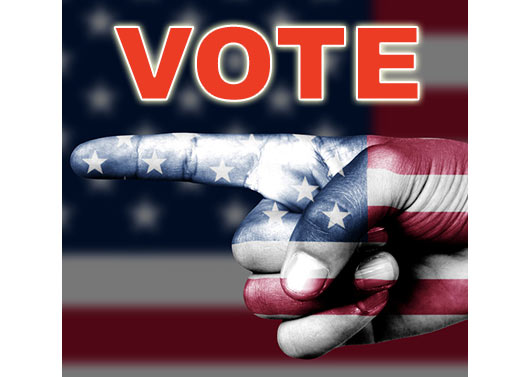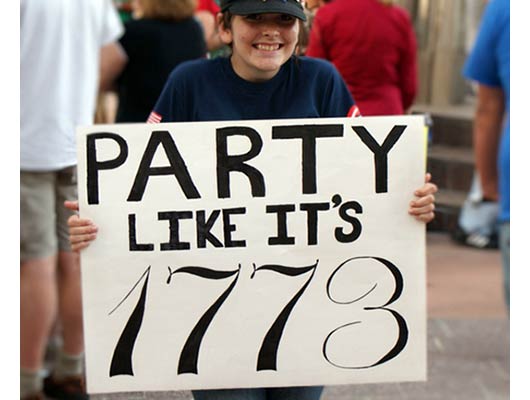
We’ve heard a lot in the news lately about voter suppression, particularly in heavily black and Latino districts around the country. But in a presidential race that’s down to the wire, every vote counts. That’s why I urge you to get out and vote, and don’t let anyone or anything stop you.
Voting is one of the most important things we can do in this country. It is our right and our responsibility. This is where every citizen has the opportunity to participate in deciding how they want the country to be governed. And while this is a presidential election, many states are also having congressional elections as well as local ballot initiatives and amendments.
Do not take this constitutional right for granted. This is democracy at work. Consider that people in other countries have risked—and lost—their lives to cast their votes in countries with military juntas or dictatorships. In the U.S., voting is safe and easy by comparison. Give yourself a little time, be patient, and exercise your right. It’s what all the wars and talk of freedom are all about. Now it all comes down to you.
Read Related: On November 6 There is Much at Stake for Latinos & Women
Here are some last-minute tips to make sure your vote is counted and your voice is heard:
-
Polls open in most states from between 6am and 7am and close between 7pm and 9pm. Check your local newspaper or television newscast for the closing time; if you’re planning on voting late make sure the polls will still be open.
-
If you feel your rights are being violated in any way or your are having trouble at the polls, you can report this to the U.S. Justice Department Civil Rights Division by calling toll free 1.800.253.3931 or 202.307.2767. According to the Civil Rights Department Release, The Voting Rights Act prohibits discrimination in the election process on the basis of race, color or membership in a minority language group. In addition, the act requires certain covered jurisdictions to provide language assistance during the election process.”
-
Most states have laws mandating that your employer give you time off to vote on Election Day. It may or may not be paid time off, but you should not be penalized for taking a reasonable amount of time off from your work day to go to the polls.
-
In most states you need to be registered in order to vote. Your assigned polling station is usually written on your voter registration card. You can also find your polling station by checking your local paper, the website of your local supervisor of election, or simply go to this website: canIvote.org.
-
If you don’t have your voter registration card, you can bring most any official ID or a household bill or bank statement with your name and address. In this case, the correct address is crucial. If there is a problem, and they cannot find your name on the voter list, you can usually cast a provisional or contested ballot.
-
No one at the polling station can make suggestions or tell you how to vote. If you have problems reading the ballot, or if you do not speak English, the polling station is supposed to accommodate you and provide help. Remember, they are there to help you vote. They work for you; so don’t let them or anyone intimidate you in any way. If you encounter problems of any kind, contact your local supervisor of elections, the U.S. attorney’s office or your local news media.
Remember, no one can deprive you of your legal right to vote, and no circumstances should deter you. Vote if it’s raining; vote if it’s snowing; vote even if the line is too long and your feet hurt from standing. Vote for every person who was ever denied the right to vote because of his or her race or ethnicity, gender, religion or economic status. Vote; it’s the least you can do, and the most important thing, too.











